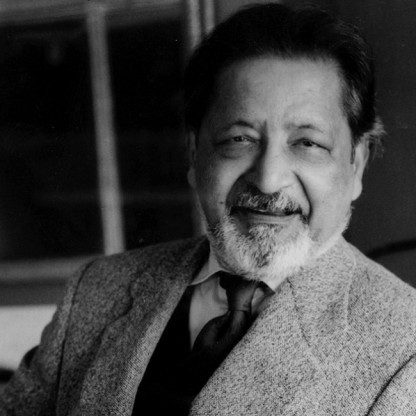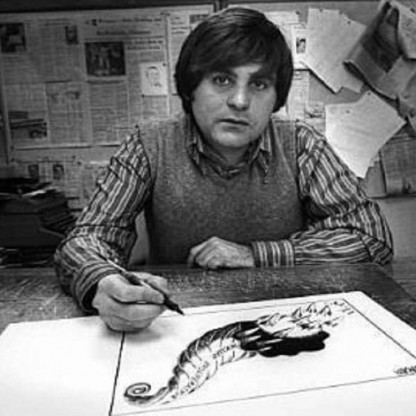From 1816 to 1825, Bryant depended on his law practice in Great Barrington, Massachusetts to sustain his family financially, but the strain of dealing with unsophisticated neighbors and juridical pettifoggery pushed him to trade his unrewarding profession for New York City and the promise of a literary career. With the encouragement of a distinguished and well-connected literary family, the Sedgwicks, he quickly gained a foothold in New York City's vibrant cultural life. His first employment, in 1825, was as Editor of the New-York Review, which within the next year merged with the United States Review and Literary Gazette. But in the throes of the failing struggle to raise subscriptions, he accepted part-time duties with the New-York Evening Post under william Coleman; then, partly because of Coleman's ill health, traceable to the consequences of a duel and then a stroke, Bryant's responsibilities expanded rapidly. From Assistant Editor he rose to Editor-in-Chief and co-owner of the newspaper that had been founded by Alexander Hamilton. Over the next half century, the "Post" would become the most respected paper in the city and, from the election of Andrew Jackson, the major platform in the Northeast for the Democratic Party and subsequently of the Free Soil and Republican Parties. In the process, the Evening-Post also became the pillar of a substantial fortune. From his Federalist beginnings, Bryant had shifted to being one of the most liberal voices of the century. An early supporter of organized labor, with his 1836 editorials asserting the right of workmen to strike, Bryant also defended of religious minorities and immigrants, and promoted the abolition of slavery. He "threw himself into the foreground of the battle for human rights" and did not cease speaking out against the corrupting influence of certain Bankers in spite of their efforts to break down the paper. According to newspaper Historian Frank Luther Mott, Bryant was "a great liberal seldom done justice by modern writers".









